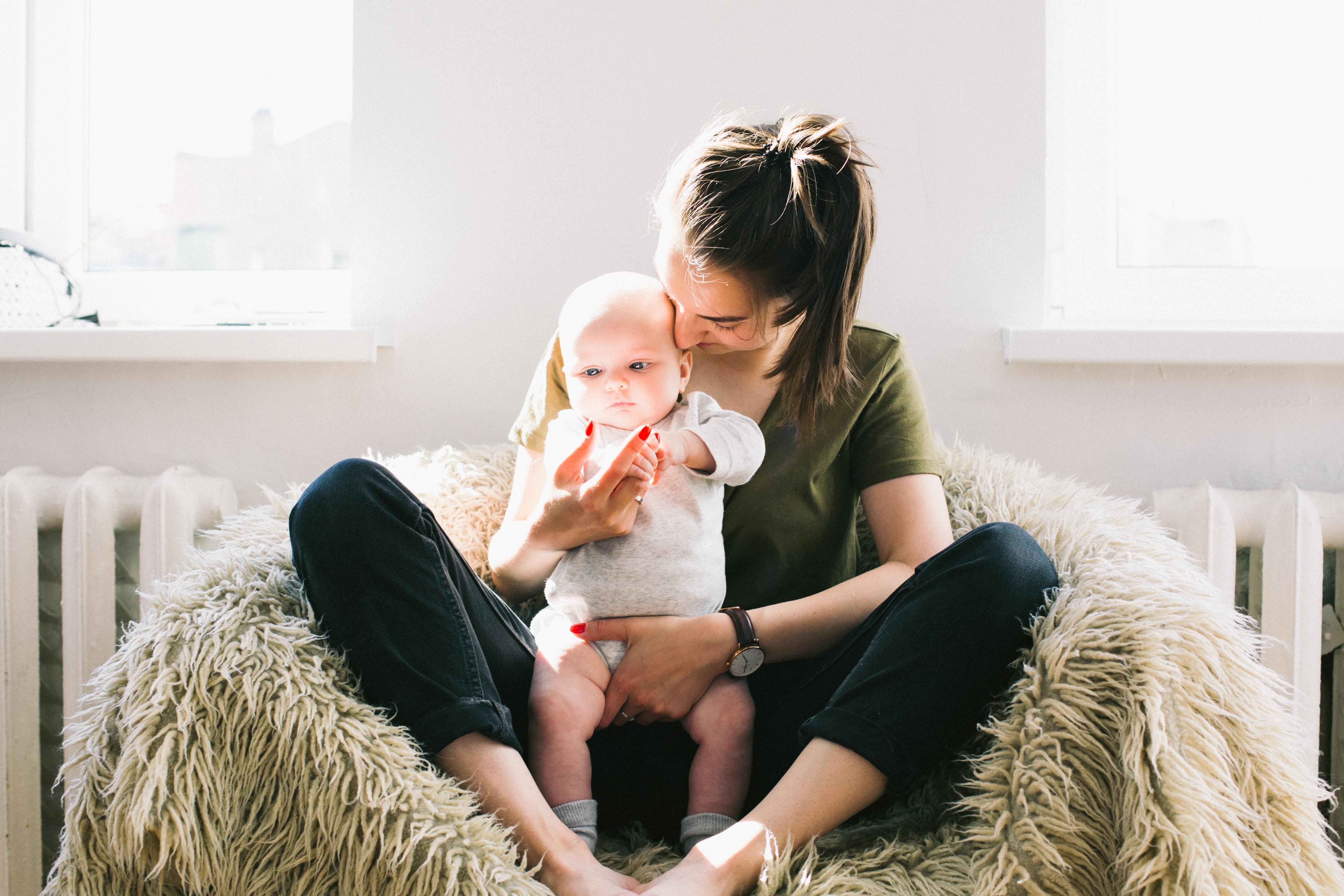A Good Bedtime Routine
It’s easier said than done, but having a good bedtime routine will improve your child’s health and wellbeing. A bedtime routine is the predictable, regular things you and your child do in the hour or so before lights out, and before your child falls asleep. Things like eating, washing teeth and face, going to the loo, having a bath, talking to your child about their day, a hug and a kiss goodnight.
Regular bedtimes from an early age can help the quality of your child’s sleep throughout their childhood. However lack of sleep can increase the risk of a child becoming overweight which could lead to obesity, heart disease, and even cancer as they get older.
Steps for a stress-free bedtime routine
Here’s some things to help you set up a healthy sleep routine so that bedtime becomes a stress free, positive experience for all the family.
- Decide a regular time for bed and agree it with your children if they are old enough
- Avoid physical activity in the run up to bedtime. However it’s great to do plenty of activity earlier in the day as it means that children will be physically tired at bedtime
- Try to have your main meals two hours before bedtime. That said children’s shouldn’t go to be hungry so kids may need a small snack before bed-time
- A 40 minute wind-down time before bed is really important in preparing for bed.
- During wind down time, do the same thing each night, everyday of the week if possible
- Wind-down should include two to four activities such as warm bath, washing hands and face, brushing teeth, reading stories, talking about the day, a hug and a kiss goodnight
Make bedtime screen-free time
Devices like TVs, laptops, games consoles, tablets and smartphones affect children’s sleep habits so turning them off helps improve the quality of their sleep.
- Make a rule that all devices are turned off an hour before bedtime
- Keep all devices out of bedrooms. Your child’s room should be a screen-free, calm, relaxing place
- If your children watch some TV before bedtime, choose something that is calm and relaxing
Create a sleep-friendly environment
Having a bedroom that’s sleep-friendly can really help getting a good night’s sleep.
- If possible the bedroom should be dark, quiet, comfortable and cool
- Thick curtains or a blackout blind can help with any outside light particularly during the summer months.
- And a comfortable mattress and bed helps too



















































